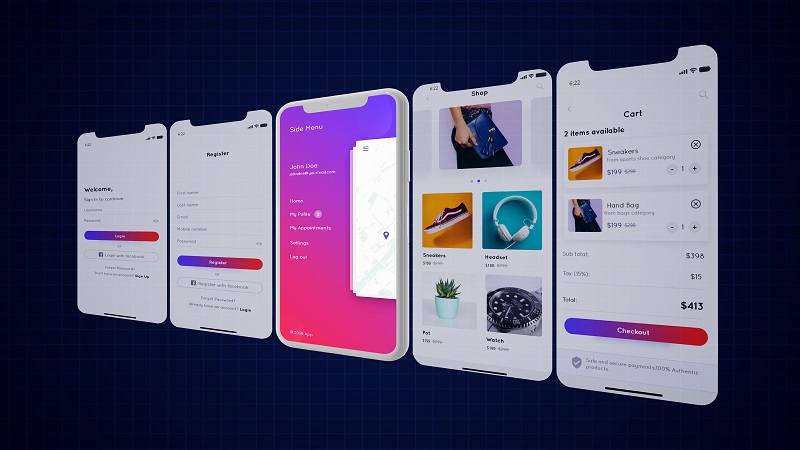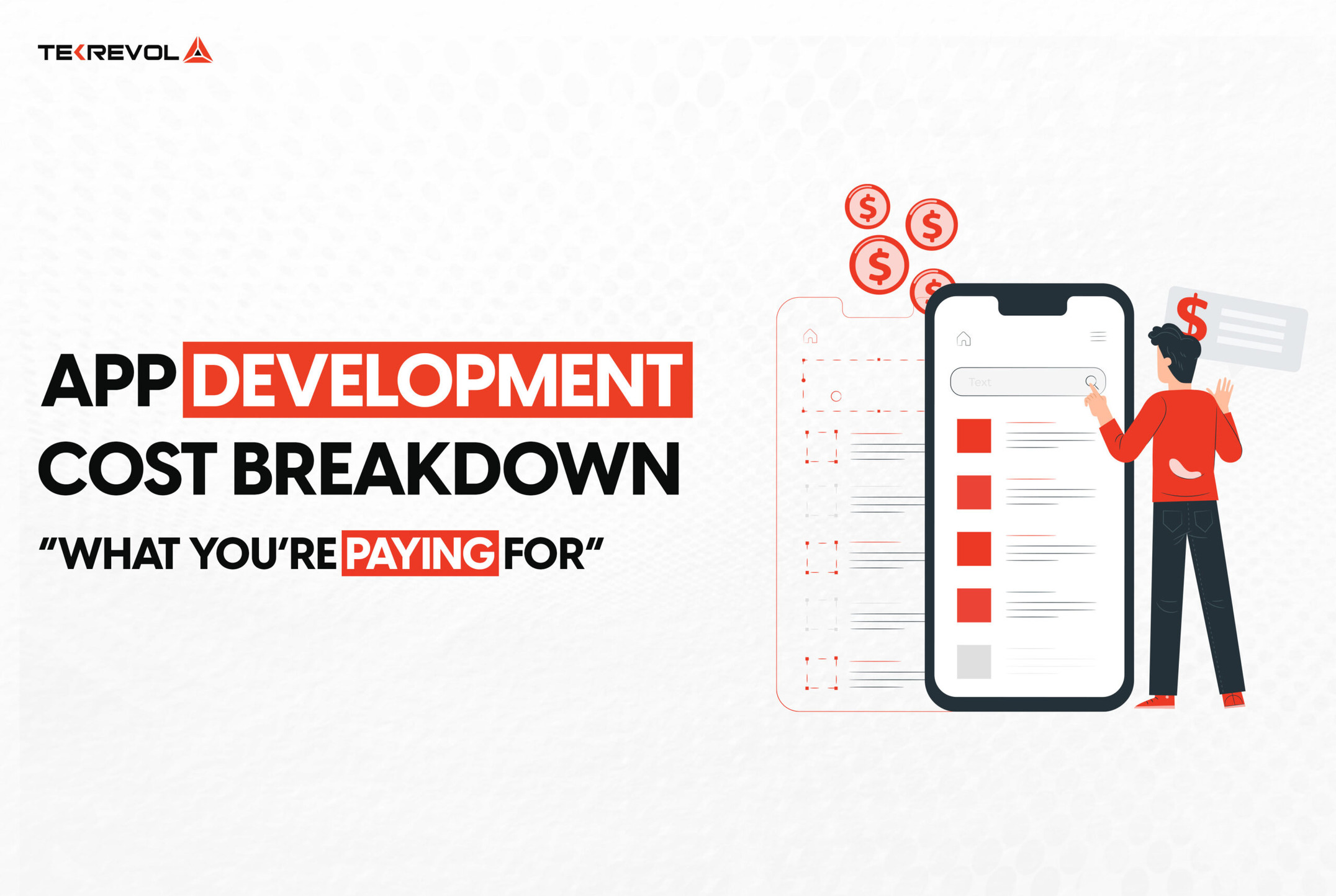Modern-day smartphone users are ready to adopt mobile devices as the primary medium to purchase products more openly than they were a few years back.
Unlimited data plans, smooth usability, enhanced data storage, and increasing confidence in data protection are just a few factors that are driving the shift towards mobile commerce.
Retail businesses, in collaboration with Android and iPhone application development companies, are trying to make the best of the opportunity as mobile users continue to use apps for diverse reasons, including making purchases.
According to Emarketer, with $2.32 trillion mobile commerce sales in 2019 and projected sales of $3.56 trillion revenue generation from mobile purchases in 2021, mobile commerce will grow by over 53%. Besides, based on another study, mobile commerce will drive around 50% of the total e-commerce retail sales in 2022, with a total valuation of around $422.375 billion.

Source: Forbes
Mobile commerce is on the rise, particularly in the retail industry. So, let’s have a look at a few factors that are driving this shift towards mobile purchasing.
Improving mobile app design for mobile commerce
These days more mobile users are shifting away from browsers, as they are adding more apps into their devices, which make mobile apps their preferred medium for purchases.
Catering to this behavioral change of shoppers, retailers have started to turn away from the practice of over-engineering their apps. Many businesses don’t consider that the upkeep of an app as a tedious process anymore takes a lot of time and technical knowledge.

This is why retail businesses are collaborating with tech firms to simplify their Android or iPhone application development to deliver a better experience for their mobile shoppers. The focus is more on converting app users into purchases by providing ease when using the app and basic personalization options.
A pro tip: If you can’t compete with huge, tech-backed infrastructure big brands are providing shoppers with, the simplicity and improved user experience could work as your competitive advantage.
Using advanced technologies – Harnessing AI
The more progressive companies are dominating the retail industry mobile commerce by adopting cutting-edge technologies like AI within their mobile strategy. You can see several retailers that operate in mobile commerce space integrating smarter Chatbots to provide shoppers with a more personalized and efficient customer service.
For example, in 2010, Sephora launched its mobile app, intending to enhance the shopping experience of their customers. They initially included basic features like scanning their products to show reviews and customer feedback. However, in the past ten years, they have truly evolved their app by integrating technology like augmented reality and machine learning. The technological transformation helped the brand provide a more high-end and personalized experience with features that helps shoppers look for the right product for their skin type. This helped the brand deepen the trust of people and strengthen their conversions through mobile devices.
The integration of advanced technologies and making the check-out process more user-centric and intuitive, has made shoppers more comfortable using their mobile devices to purchase. Robust mobile application security is also enabling more shoppers to use mobile payments and feel more secure to provide their financial information. As more and more retailers use technologies like augmented reality and AI to drive improved user experience, and usability, the more positively it impacts mobile commerce.
The incorporation of faster connectivity with 5G networks
The shift to 5G networks has played a significant role in how smoothly people have converted to mobile commerce. The speedier connectivity makes it super easy for shoppers to stream HD product videos, view product details, and consume digital content. This advancement has moved mobile devices up to the benchmark of desktop in terms of connectivity.

According to World Economic Report, five key elements make 5G technology game-changing for mobile commerce, including security, ultra-reliable low latency communication, and improved mobile broadband, and machine-type power efficiency. The faster connectivity is going to drive a meaningful impact, inspiring more innovative retailers across the globe to explore possible opportunities and adopt mobile commerce within their business model. The move to the 5G network will also impact the integration of advanced technologies enabling a digital transformation of brands.
Find out how 5G technology is changing the business world.
The right mobile strategy for retail businesses
Complex IT infrastructure or furnishing advanced technologies is not always required for retail companies to develop an impactful mobile strategy. Mobile strategies that are driven by user experience and customer engagement or have a distinct purpose and specific goals can be equally effective at building a loyal community of shoppers.
One great example of an app getting creative with their mobile strategy is Depop. They have built an online social app for peer-to-peer online shopping. With the mobile plan of the app, where eBay meets Instagram, it has particularly captured the attention of Gen-Z and millennials. Depop focuses on the ease of use and enables app users to transact seamlessly. The mobile strategy for the Depop app is to cater to an untapped market space and deliver a solution to the people. People have positively responded to this app, with revenue of over $62 million and the number of app users exceeding 13 million.
You can only come up with an effective mobile strategy for your business once you understand your assets, competitive advantage, available resources, and limitations. You have to find out the key element that differentiates your app in the market.
Find out how much your app can earn in 2020 with the right mobile strategy.
Wrap up
Many brands are looking for ways to develop a more impactful mobile experience that delivers a seamless shopping journey across all digital channels of retail purchasing. Whether it’s integrating AI or adopting a unique mobile strategy, brands are leveraging mobile devices to engage and connect with progressive shoppers. And this trend is going to pick up more ever more steam as we head into the future powered by digital transformation.

 2992 Views
2992 Views April 10, 2020
April 10, 2020










